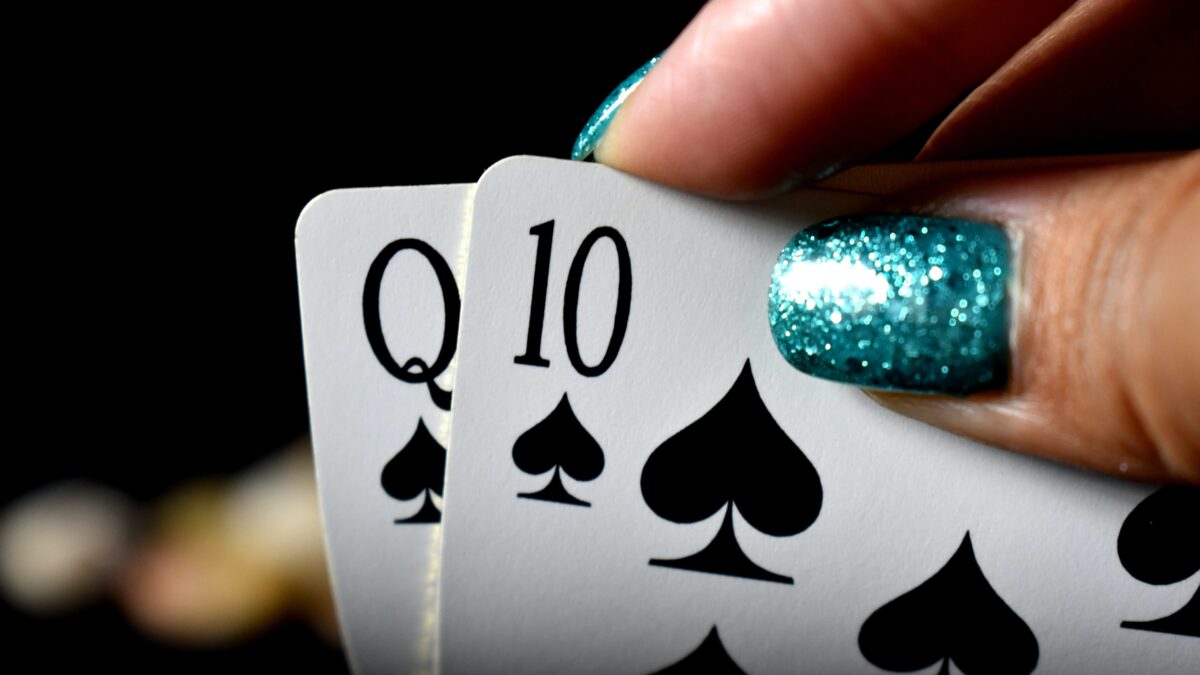Handling a difficult hand in Rummy can be challenging, but even a tricky situation can be turned around with the right strategy. Whether you’re dealt a hand without jokers, no matching cards, or no sequences, you can take steps to improve your chances of winning. This guide will delve into strategies for managing a difficult rummy hand.
Analyze Your Hand
Upon receiving your cards, quickly analyze your hand to identify potential sets or sequences. If you’re unable to find any immediately, you’re likely dealing with a difficult hand. The first step in enhancing your skill is understanding your hand’s strengths and weaknesses. Look for cards that can form half sequences or sets. Note the presence of high-value cards or jokers.
Prioritize Building a Pure Sequence
In Rummy game, building a pure sequence without any joker or wild card is mandatory. Hence, regardless of how difficult your hand is, focus on forming a pure sequence first. This approach could involve holding onto cards longer than usual if they could form a sequence. Remember, even the best Rummy hand is useless without a pure sequence. Therefore, prioritize pure sequence as soon as cards are dealt.
Utilize High-Value Cards Wisely
If your hand is full of face cards (Kings, Queens, and Jacks) and Aces, it can be challenging since these cards carry high points. If you can’t use them in a sequence or set early in the game, it’s often best to discard them. This strategy reduces your points, limiting losses if your opponent declares before you.
Effective Use of Jokers
If you’re fortunate enough to have one or more jokers in a difficult hand, use them wisely. Jokers are best used in completing a second sequence or a set. However, remember that a pure sequence should be your priority, and jokers can’t be used to build it.
Keep an Eye on Your Opponents
Observing your opponents’ gameplay can be a lifesaver when dealing with a challenging hand. By noticing the cards they discard and pick up, you can make educated guesses about the sequences or sets they are trying to make. This information can help you decide which cards to hold onto and which to discard.
Discard Strategically
In a difficult hand, every card you discard matters. Avoid discarding cards close to those you’ve just picked up from the open deck, as they may be useful later. Aim to discard cards that are least likely to be picked by your opponents, usually high-value cards or cards close to the ones they’ve discarded.
Be Ready to Drop
If your hand is extremely challenging with no hope of forming a single sequence, it might be best to drop the game. In Points Rummy, you can opt for an initial drop, which means you drop out at the beginning of the game, which incurs fewer points than dropping out later.
Playing Rummy involves both skill and strategy. A game might not always start in your favor, but that doesn’t mean you can’t win. The beauty of Rummy lies in its unpredictability. You can turn a difficult hand into a winning game by analyzing your hand, making strategic decisions, and staying adaptable. Remember, every card game player experiences difficult hands; what sets apart the great players is how they handle these challenges.


